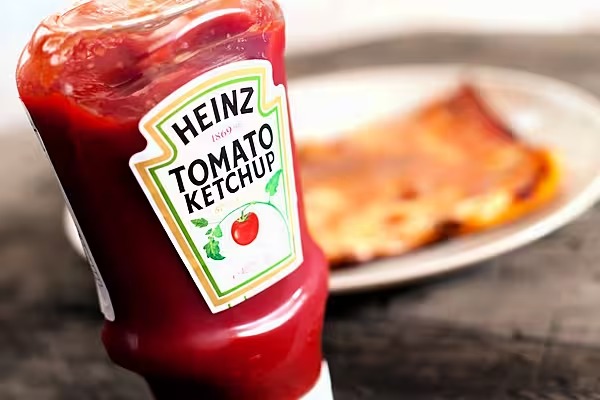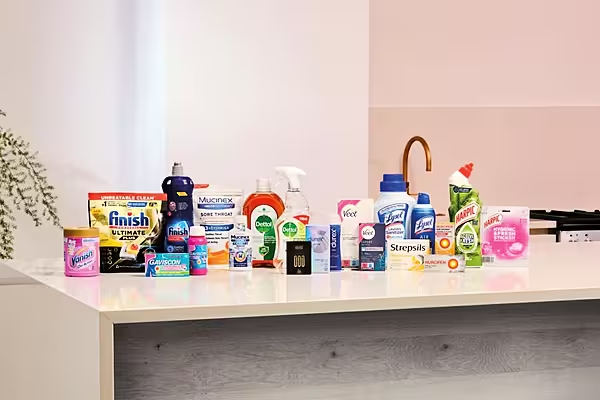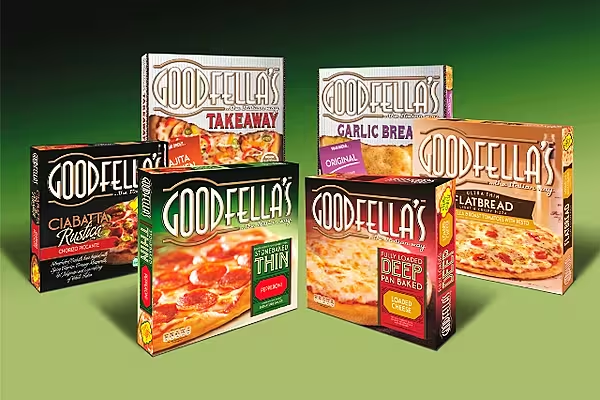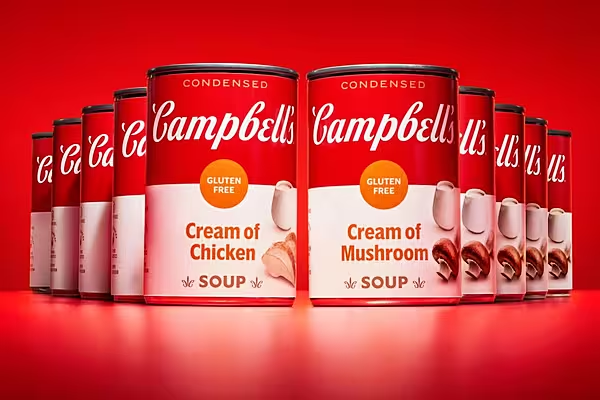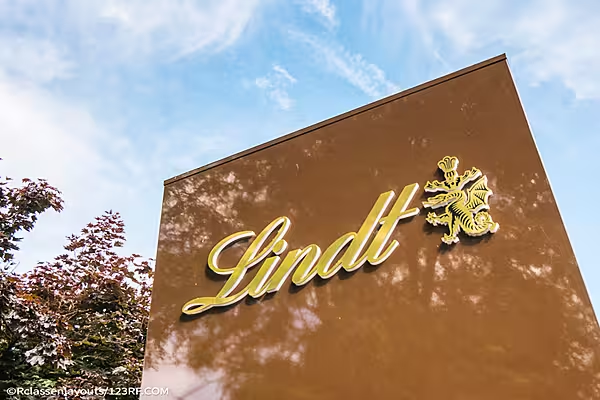Kraft Heinz’s sales and profit fell short of Wall Street expectations last quarter, adding pressure on the food giant to fuel growth with a large acquisition.
Earnings amounted to 90 cents a share in the fourth quarter, excluding some items, the company said on Friday. That was a nickel below analysts’ estimates. Though sales grew for the second straight quarter - reversing a string of declines - they still missed projections.
One year after Kraft Heinz was rebuffed in a bid to buy Unilever, the weak results threaten to renew speculation that it needs a blockbuster deal.
The shares fell as much as 2.6% in premarket trading after the report was released, to $70.85. They had been down 6.5% this year through Thursday’s close.
The results put a spotlight on the company’s struggle to reinvigorate its stable of brands, which include Capri Sun, Lunchables, Oscar Mayer and Velveeta. Nuts and cold cuts were particularly weak in the US last quarter, Kraft Heinz said.
“This reinforces that growth is extremely challenged for this company,” said Ken Shea, an analyst at Bloomberg Intelligence. “It’s not surprising given the categories they’re in and how difficult the retail environment is.”
Sales came in at $6.88 billion last quarter, while analysts had estimated $6.91 billion on average.
Tax Changes
Kraft Heinz Chief Executive Officer Bernardo Hees said the US tax overhaul will help the company in 2018, but its results last year were disappointing.
“Our financial performance in 2017 did not reflect our progress or potential,” he said in a statement.
Since the US tax changes passed late last year, the company has made plans to invest some of the savings. That includes using $800 million for capital expenditures, Kraft Heinz said.
The company also vowed to put $1.3 billion into retirement benefit plans, and another $300 million toward “strategic investments to build our capabilities, our people skills and our brands.”
Kraft Heinz was created in a 2015 merger orchestrated by 3G Capital and Warren Buffett’s Berkshire Hathaway. Two years earlier, those backers had teamed up to take Heinz private - with a strategy of slashing costs and ramping up profit margins. That’s been the playbook at the new combined company too.
But with the company announcing Thursday that it had cut more than $1.7 billion in expenses since the merger, there is growing pressure to find another target to buy. And without a major deal, Kraft Heinz is starting to look like other US packaged food companies struggling with changing consumer tastes.
“It’s becoming more and more like the old Kraft,” Shea said.
News by Bloomberg, edited by ESM. Click subscribe to sign up to ESM: The European Supermarket Magazine.
